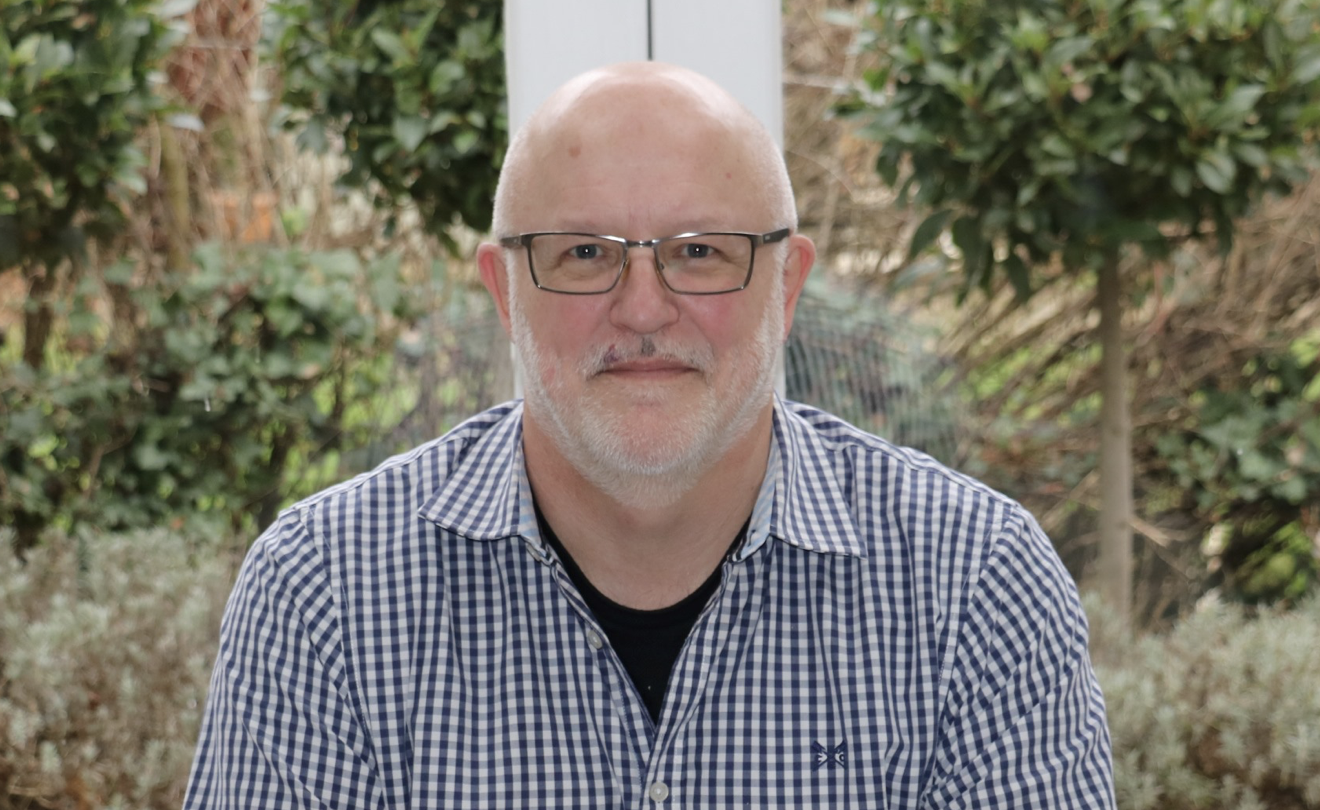A founding member of an East Yorkshire Heat Recovery business has been accepted as a member of the UK's leading refrigeration society.
DK Heat Recovery's marketing director, Nigel Upson was accepted as Member of the IOR as a result of 20 years' experience involved with the refrigeration sector industry and an active interest in net zero in the form of heat recovery from refrigeration.
As part of the application to join the professional body, whose members are at the forefront of innovation in refrigeration, air conditioning and heat pump technology, Mr Upson had to state how he would use his IOR membership.
He said: "Whilst running my own cooked meat business, I developed an interest in heat recovery when seeking a solution to the ambient temperatures in the roof space where the developer of the business unit had chosen to site all the refrigeration units. This interest turned into DK Heat Recovery which celebrated its 11th anniversary this year.
"I applied to be a member of the IOR after spending 20 years being the de facto refrigeration troubleshooter in the three SMEs I ran. During that period, I learned a lot about how fridge works and, most importantly, what to do when it doesn't work. I'm looking forward to networking with like-minded individuals and tapping into members' vast knowledge bank in applied research, practical experience and everyday good practice."
Nigel founded Beverley-based DK Heat Recovery with colleague, engineering manager David Haughton, in 2012. It is the sole UK agent for DK Kaelteanlagen GmbH's heat recovery systems and is supported by a network of installers and refrigeration engineers nationwide. It has installed heat recovery systems for food manufacturers, supermarkets, farm shops, butchers and garden centres over the last decade.
DK Heat Recovery's systems are suitable for use in any business that has refrigeration plant and a requirement for hot water or space heating. They capture waste heat from refrigeration and air conditioning systems and reuse it, rather than allowing it to be discharged into the atmosphere.






